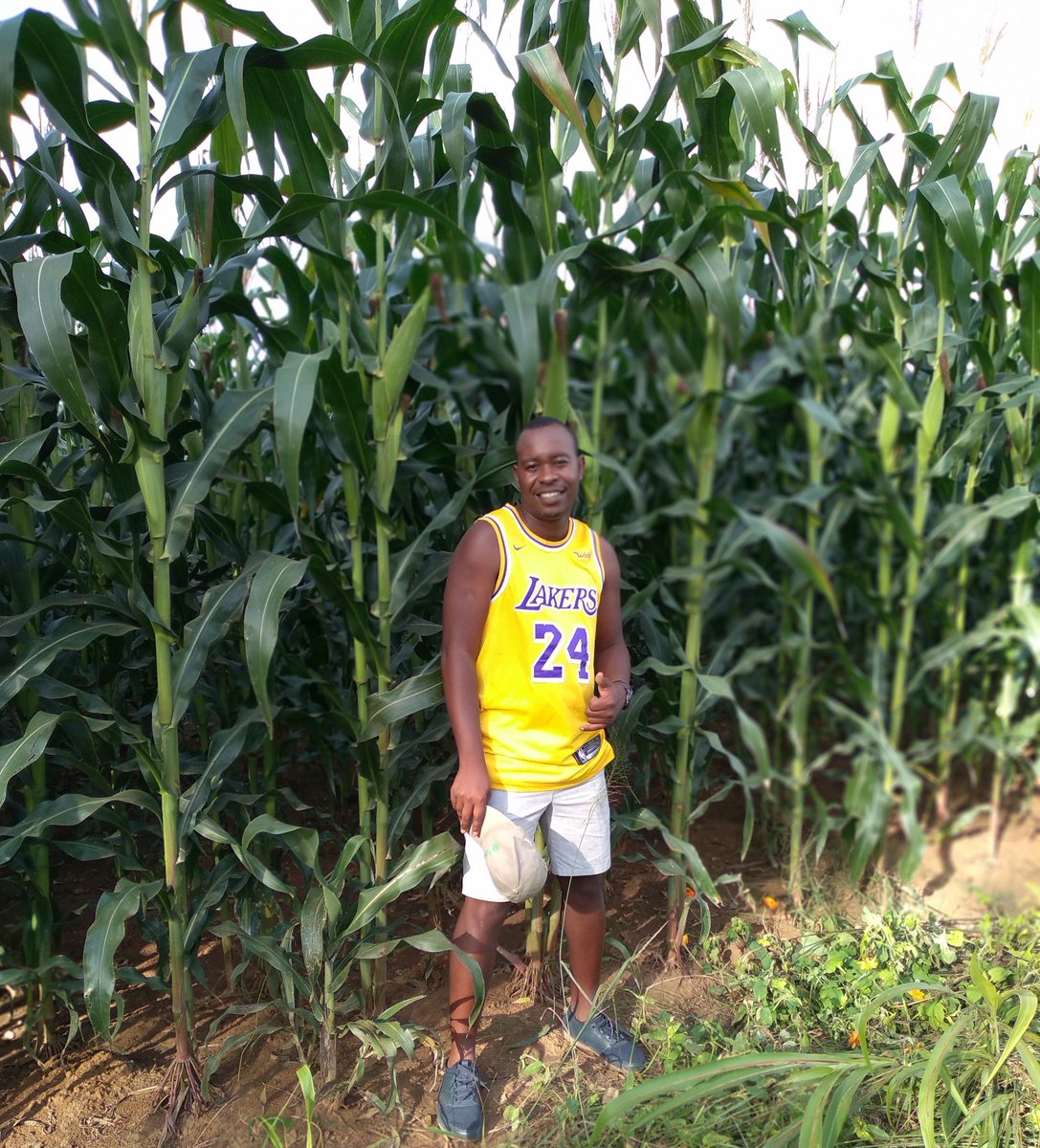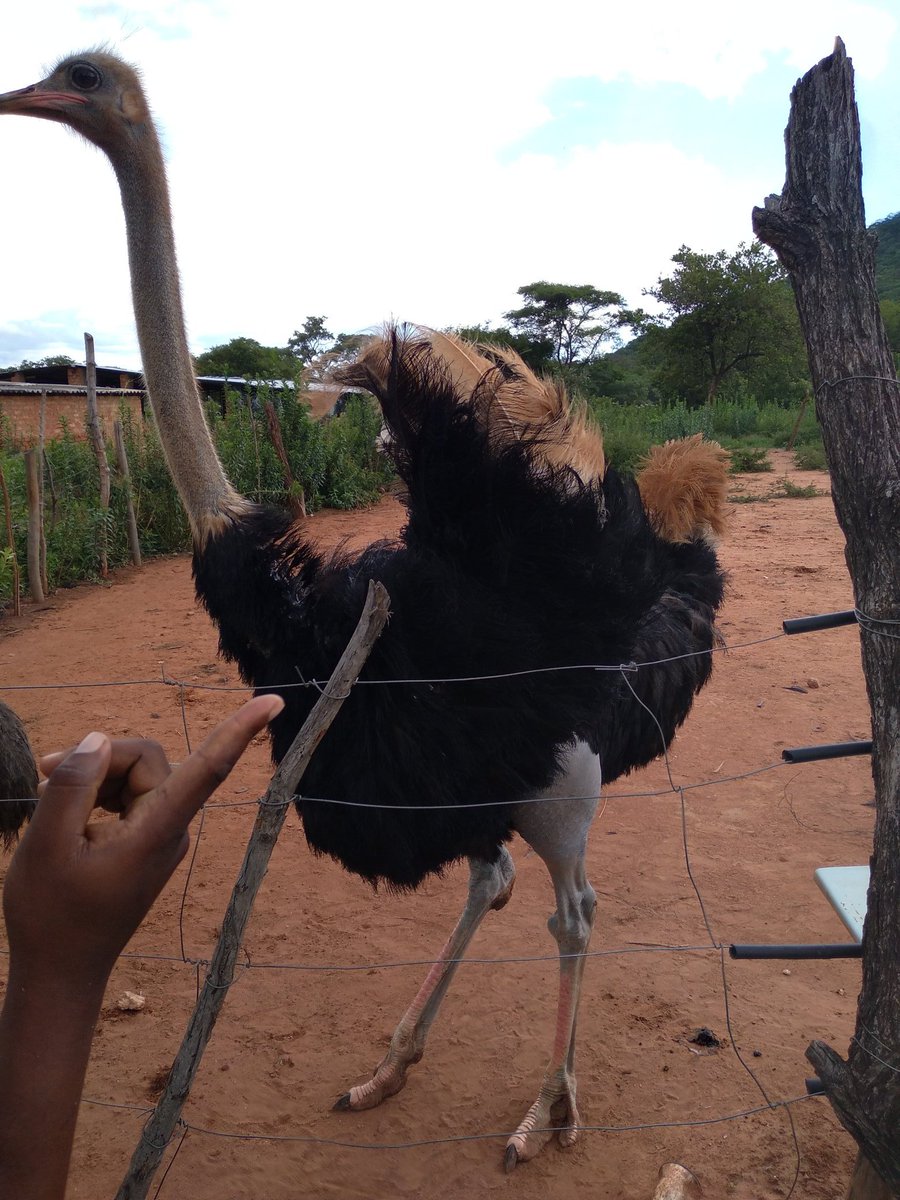achieving uniformity in Cabbage
Choose a Good hybrid variety F1
Do a float tray nursery system
Transplant after hardening & before its overgrown
Basal fertiliser should be applied before Transplanting average of 30g per planting station
Fast thread 👇
@corporatefarmg1

Choose a Good hybrid variety F1
Do a float tray nursery system
Transplant after hardening & before its overgrown
Basal fertiliser should be applied before Transplanting average of 30g per planting station
Fast thread 👇
@corporatefarmg1


Understand the Maturity period
Split apply top dressing into 3 main applications recommendation of 5g per plant
Recommended Top dressing Ammonium Nitrate and or calcium Nitrate
In winter Calcium absorption is faster
For best results also drench on one of the applications
Split apply top dressing into 3 main applications recommendation of 5g per plant
Recommended Top dressing Ammonium Nitrate and or calcium Nitrate
In winter Calcium absorption is faster
For best results also drench on one of the applications

Make sprays Religious, choose a weekday specific for sprays eg every Monday of the week
Spray fungicides & insecticides on rotation don't repeat the same chemicals week in week out
Scouting has to be done frequently
Avoid insect damage at all times
Crop should be weed free
Spray fungicides & insecticides on rotation don't repeat the same chemicals week in week out
Scouting has to be done frequently
Avoid insect damage at all times
Crop should be weed free

Spacing is determined by expected head size
Small heads means a higher plant population over 35 000heads per ha
Medium sized heads to large means a lower plant population around 30k to 33k at most ... Spacing 50 x 60cm or
60 x 60cm
Avoid J rooting when transplanting
Small heads means a higher plant population over 35 000heads per ha
Medium sized heads to large means a lower plant population around 30k to 33k at most ... Spacing 50 x 60cm or
60 x 60cm
Avoid J rooting when transplanting

When it's summer, make it a must to plant on ridges or Raised beds
Leaching is a headache when rainfall is at peak , raise Ridges upto 40cm from the Ground
Leaching is a headache when rainfall is at peak , raise Ridges upto 40cm from the Ground

• • •
Missing some Tweet in this thread? You can try to
force a refresh
































